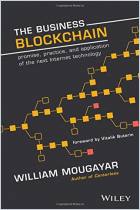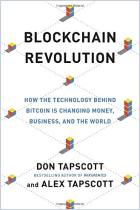Blockchain could have numerous benefits for companies, the global economy and society at large, writes professor Ravi Sarathy, yet business leaders haven’t yet embraced the switch from legacy to blockchain systems. Enterprises must make a shift from hierarchical “winner-take-all” thinking to working collaboratively within blockchain ecosystems to fuel innovation and provide customer solutions. This useful book will help executives gain some important insights into how best to prepare for the disruption posed by digital currencies and blockchain.
Businesses have been slow to adopt blockchain technology, despite its many advantages.
Blockchain could create meaningful solutions for global supply chains. It could ensure enhanced transparency and security while preventing issues such as unethical worker treatment and fraud. Blockchain technology would also make cross-border payments faster, more affordable and seamless, while blockchain-based verification would reduce the need for credit bureaus such as Equifax. Furthermore, blockchain networks are practically impossible to hack, as they use decentralized storage and advanced encryption. Blockchain’s value lies in its unique architecture and design. It deploys distributed ledger technology (DLT), the result of combining three different concepts: distributed peer-to-peer (P2P) networks, game theory-inspired incentives and robust cryptography.
Yet the adoption of blockchain requires organizations to do things differently. Enterprises would need to collaborate more with independent entities, regulators, suppliers and even competitors to harness blockchain’s full potential...













Comment on this summary